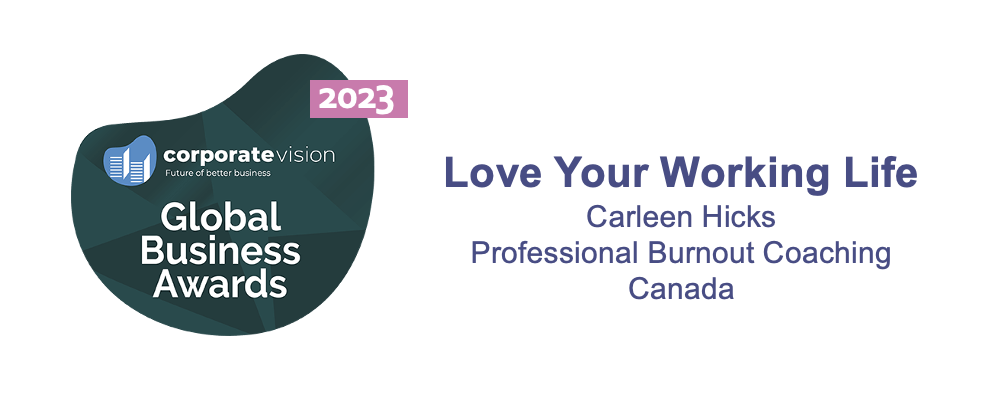The Hidden Energy Vampire at Work: Context Switching and Its Impact on Your Emotional Health9/8/2023 Today, let's explore a common workplace challenge that often flies under the radar but can significantly affect our emotional wellbeing (sucking the life out of you at work): context switching. You might not have heard this term before, but you've undoubtedly experienced it. Context switching is the act of frequently jumping between different tasks or projects, and it's like playing emotional ping-pong all day long. Imagine this: you're working on an important report, and just as you're getting into the zone, your boss asks for a quick update on another project. Once you handle that, you return to your report, only to be interrupted by an urgent email. Rinse and repeat. Sound familiar? That's context switching in a nutshell. While multitasking might seem like a productivity booster, it's quite the opposite. Constantly changing contexts (tasks, trains of thought, etc.) demands a significant mental effort, leaving you emotionally drained. Here's how context switching siphons away your emotional energy (like an energy-sucking vampire):
So, how can we address this energy-depleting monster? Here are some strategies to reduce or eliminate context switching and boost career success:
By implementing these strategies, you'll not only reduce context switching and conserve emotional energy but also cultivate a more positive work environment. Increased focus and efficiency will lead to better career success, while preserving your mental health and emotional wellbeing. To re-cap, context switching may be a sneaky culprit stealing your emotional energy at work (an energy vampire). By recognizing its impact and adopting strategies to minimize it, you can fuel your emotional reserves, enhancing your career success, and achieving healthier work-life sustainability. Remember, your wellbeing matters, and a focused mind is a powerful tool in the pursuit of success (while also having the energy you need to enjoy it)!
0 Comments
Your comment will be posted after it is approved.
Leave a Reply. |
|
|



